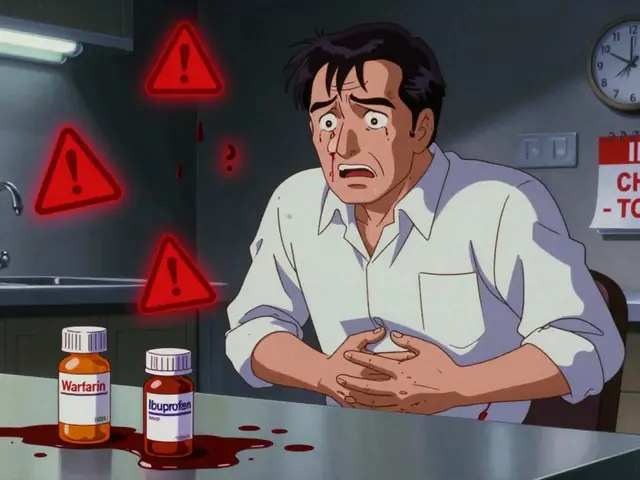Infection treatments: what works, what to avoid
Here’s a blunt fact: not every infection needs antibiotics. Knowing when to treat, what to use, and when to ask a doctor cuts risks and saves time. This page pulls together clear, practical advice on common infection treatments and smart ways to get medicines safely.
How infections are treated
First, identify the type. Bacterial infections often respond to antibiotics. Viral infections need antivirals or simply supportive care. Fungal and parasitic infections use antifungals and antiparasitics. A correct diagnosis matters—treating a viral cough with antibiotics won’t help and can cause harm.
Doctors pick drugs based on cause, severity, allergies, and drug interactions. For mild bacterial infections you might get a short oral antibiotic course. Severe cases can require IV therapy in hospital. For common viral infections, antivirals like acyclovir/valacyclovir help when started early—for example, Valtrex works best if taken at the first signs of a herpes flare.
Topical options exist too. Skin infections, yeast infections, and some ear or eye problems often respond to creams, drops, or ointments. These can be effective, have fewer systemic side effects, and are easy to use at home.
Practical tips: when to see a doctor and how to use meds safely
See a clinician if you have high fever, breathing trouble, severe pain, spreading redness, confusion, or symptoms that worsen after 48–72 hours. These are red flags that need prompt care.
Follow the full course of prescribed antibiotics even if you feel better. Stopping early can let bacteria rebound and drive resistance. Keep a list of your current meds to avoid dangerous interactions, and tell your prescriber about allergies.
Avoid antibiotics for viral colds and most sore throats unless your provider confirms a bacterial cause. Ask about rapid tests—strep and flu rapid tests help decide the right treatment fast.
Prevention works. Vaccines, good handwashing, safe food handling, and proper wound care cut infection risk. For people with chronic conditions, discuss preventive strategies like prophylactic meds or vaccines with your clinician.
Buying meds online? Use caution. Choose pharmacies that require a prescription, show a physical address and phone number, and display clear pharmacist contact info. Beware of sites offering prescription drugs without a prescription or prices that look too good to be true—those products may be fake or unsafe.
Need help finding trusted options? Our guides cover safe online pharmacies, how to spot scams, and cost-saving tips for meds like antivirals and antibiotics. Read specific articles for step-by-step advice on buying medication safely and keeping your treatment effective.
If you’re unsure about symptoms or treatment, contact a healthcare professional. Quick, correct treatment speeds recovery and keeps resistance down. Use smart prevention, sensible medicine use, and trustworthy pharmacies to stay healthy and avoid avoidable complications.





